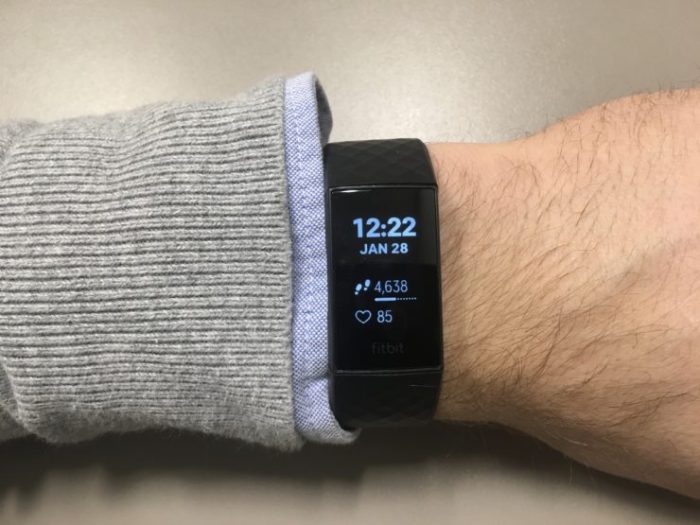Choose Your Hobbies Carefully
Most of us don’t really choose our hobbies. We bike, hike, or homebrew beer because, well, that’s just what we like to do.
But it’s worth giving some thought to our hobbies, because they’re not all created equal. Take running and bourbon, for instance.
Serious running and bourbon connoisseurship are both rewarding. Both relieve stress, are social, and are easy to take up. And you can spend a whole lot of time and money on either (trust me).
